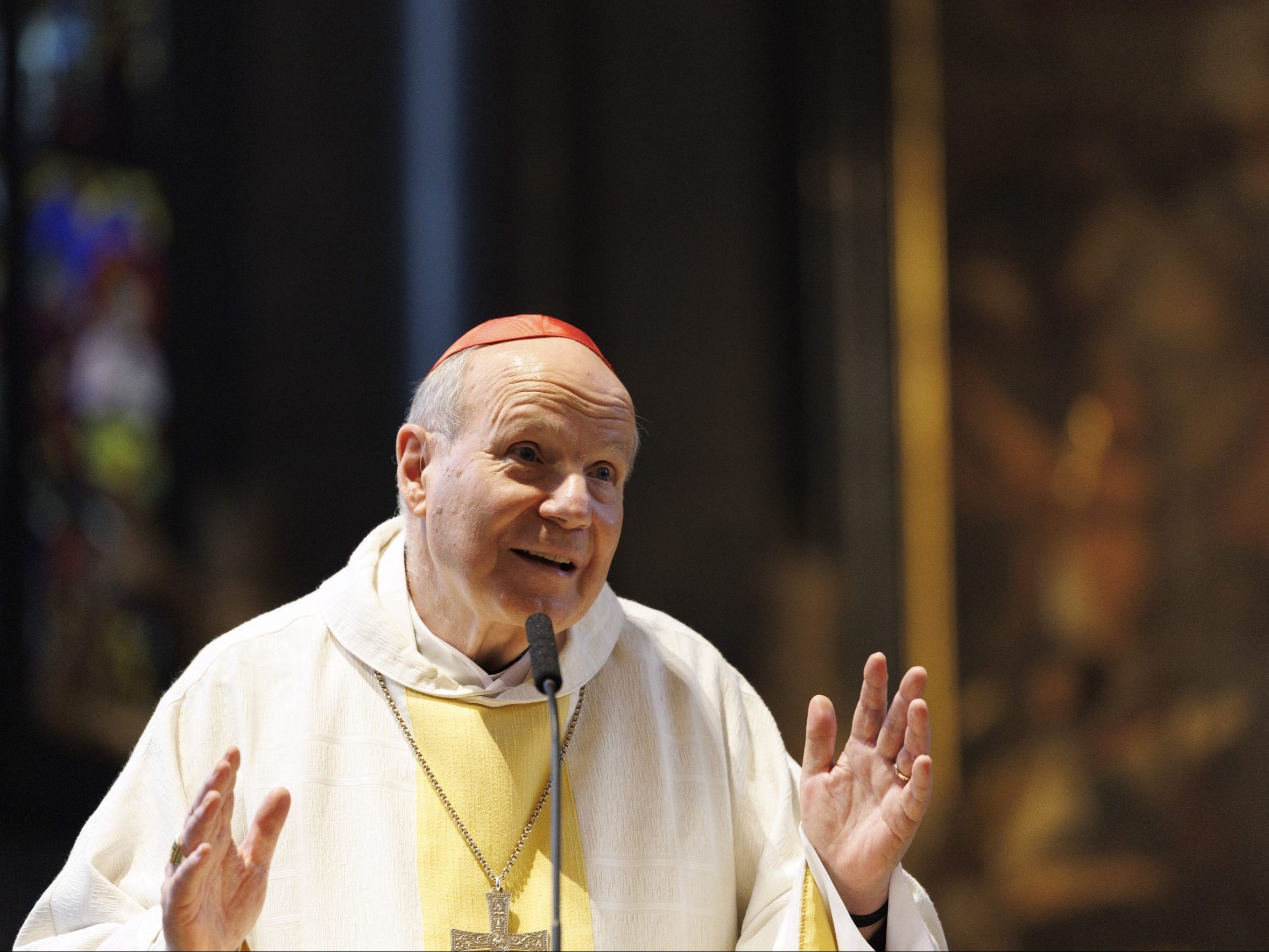Papal Election Without Austria: Schönborn Exceeds Age Limit

In the conclaves of 1963 and 1978, Cardinal Franz König was allowed to vote, and in 2005 and 2013, Christoph Schönborn was present. Although he is still a cardinal, he celebrated his 80th birthday, which is crucial for voting eligibility, at the beginning of the year. During the papal elections of 1978 and 2005, the then archbishops of Vienna were even among the top favorites.
Since the mid-19th century, the archbishops of Vienna have consistently held the cardinalate and thus have been papal electors, provided they are younger than 80 years old. The current situation is similar to that of 1958. At that time, Vienna had already had a new archbishop, Franz König, for two years, but he had not yet been made a cardinal. He received the cardinalate only in December 1958, two months after the election of Angelo Giuseppe Roncalli as the new pope, who went down in history as John XXIII and the initiator of the Second Vatican Council. König's predecessor, Cardinal Theodor Innitzer, had passed away in 1955.
Papal Election: Cardinal König Voted Three Times
In 1963, Cardinal König participated in the election of Paul VI, and in 1978 in the appointments of John Paul I and John Paul II. At the end of the 1990s, Austria even had four cardinals: However, only one of them, Christoph Schönborn, who was newly admitted to the College of Cardinals in 1998, was eligible to vote. Hermann Groer, Alfons Maria Stickler, and Franz König were still alive during this period but were already over 80 years old and thus no longer eligible to vote. However, no conclave took place at that time anyway. The pope was John Paul II, who only passed away in 2005.
Schönborn then participated in both the papal election of Benedict XVI and, after his resignation in 2013, in the election of the now-deceased Pope Francis. Although he can now discuss his successor in the "pre-conclave," he is no longer allowed to vote after his 80th birthday.
Even before World War II, the participation of Austrian cardinals in the conclave was customary - although Innitzer was formally considered a representative of the German Reich in the 1939 election of Pius XII after the "Anschluss" of Austria to Nazi Germany. In 1922, two Austrian cardinals, Andreas Franz Frühwirth and Friedrich Gustav Piffl, participated in the election of Pius XI. In the other two papal elections of the 20th century, 1903 and 1914, the Habsburgs still ruled in Austria, and the state of Austria did not yet exist within its current borders. At that time, five (1903) and four (1914) representatives of Austria-Hungary participated.
1978 and 2005: Austrians Were Favorites and "Pope-Makers"
König and Schönborn were among the favorites in the papal elections and were reportedly also "pope-makers" themselves. At the conclave in October 1978, König was a driving force behind the appointment of the Archbishop of Krakow, Karol Wojtyla, who took the name John Paul II. During his first conclave participation in 2005, Schönborn was highly regarded by experts and bookmakers. He enjoyed great recognition in the College of Cardinals as a theologian and editor of the Catechism of the Catholic Church. His crisis management following the abuse scandal surrounding his predecessor Groer was also praised.
Reportedly, he may have been overlooked only because of his relatively young age at the time - 60 years - as the cardinals did not wish for another long pontificate. Ultimately, Joseph Ratzinger was elected, with whom Schönborn had been a close collaborator. By the 2013 conclave, Schönborn was no longer a top favorite, as following the mixed pontificate of his mentor Ratzinger, the cardinals deliberately looked to the other end of the world.
Delayed Austrian Veto in the 1846 Papal Election
To find another papal election without Austrian involvement, one must go back to the year 1846. At that time, 49 of the 50 participants in the conclave were Italians, although several Austrians would have been eligible to vote. Absent was, for example, the then Prince-Archbishop of Salzburg, Friedrich zu Schwarzenberg, as well as the Archbishop of Milan, Karl Kajetan von Gaisruck. The native of Klagenfurt arrived too late for the deliberations and thus could not exercise the veto expressed by the Austrian Emperor Ferdinand I against the election of the Bishop of Imola as Pope Pius IX.
Schwarzenberg participated in the 1878 conclave as the then Archbishop of Prague. In 1903, Johann Baptist Katschthaler was the last Archbishop of Salzburg to participate in a papal election.
(APA/Red)
This article has been automatically translated, read the original article here.
Du hast einen Hinweis für uns? Oder einen Insider-Tipp, was bei dir in der Gegend gerade passiert? Dann melde dich bei uns, damit wir darüber berichten können.
Wir gehen allen Hinweisen nach, die wir erhalten. Und damit wir schon einen Vorgeschmack und einen guten Überblick bekommen, freuen wir uns über Fotos, Videos oder Texte. Einfach das Formular unten ausfüllen und schon landet dein Tipp bei uns in der Redaktion.
Alternativ kannst du uns direkt über WhatsApp kontaktieren: Zum WhatsApp Chat
Herzlichen Dank für deine Zusendung.


